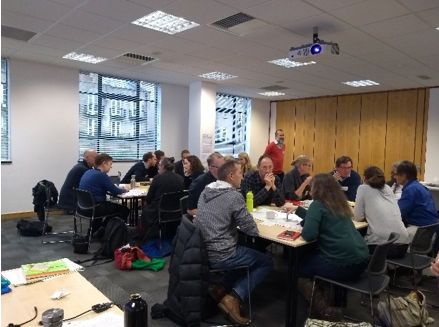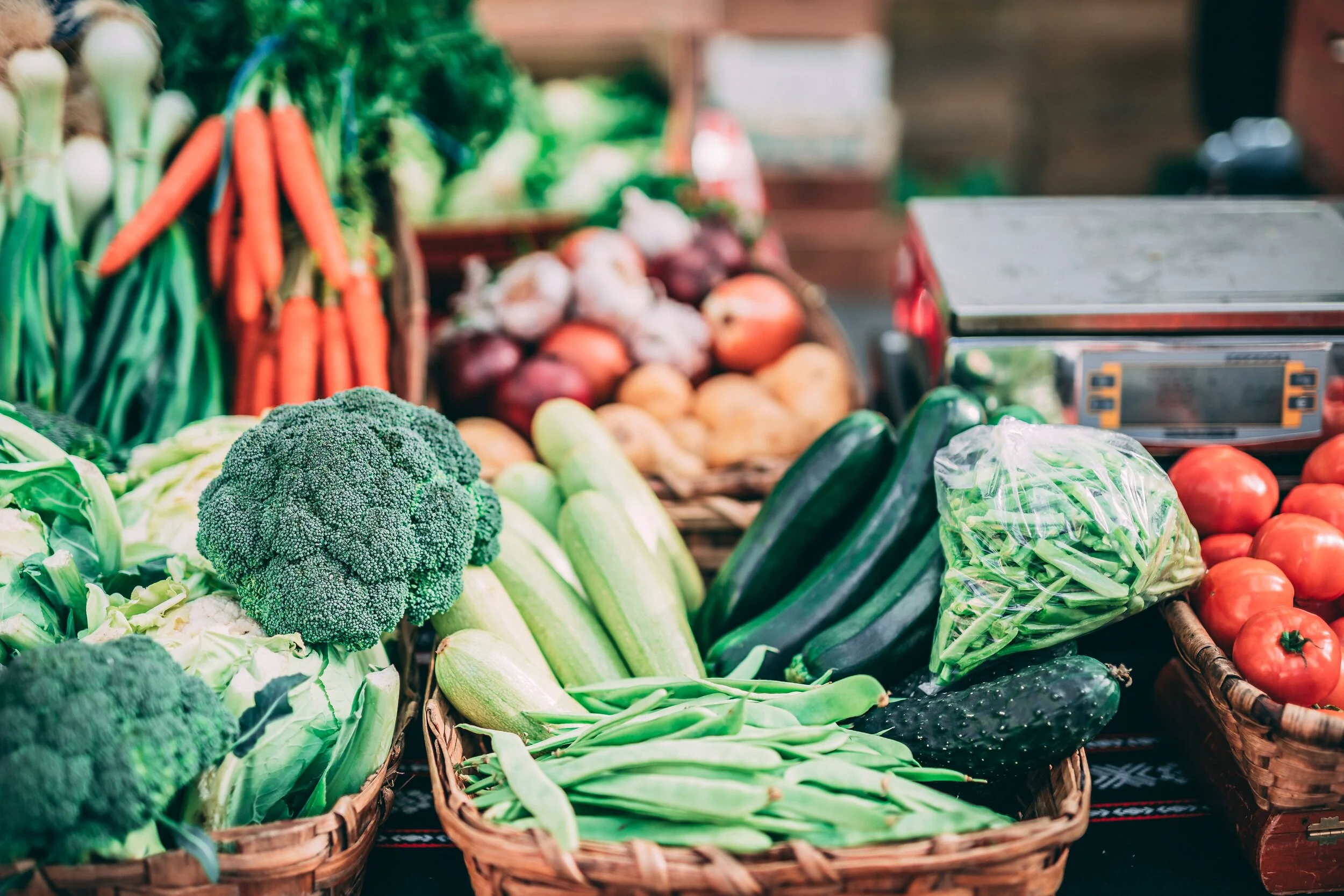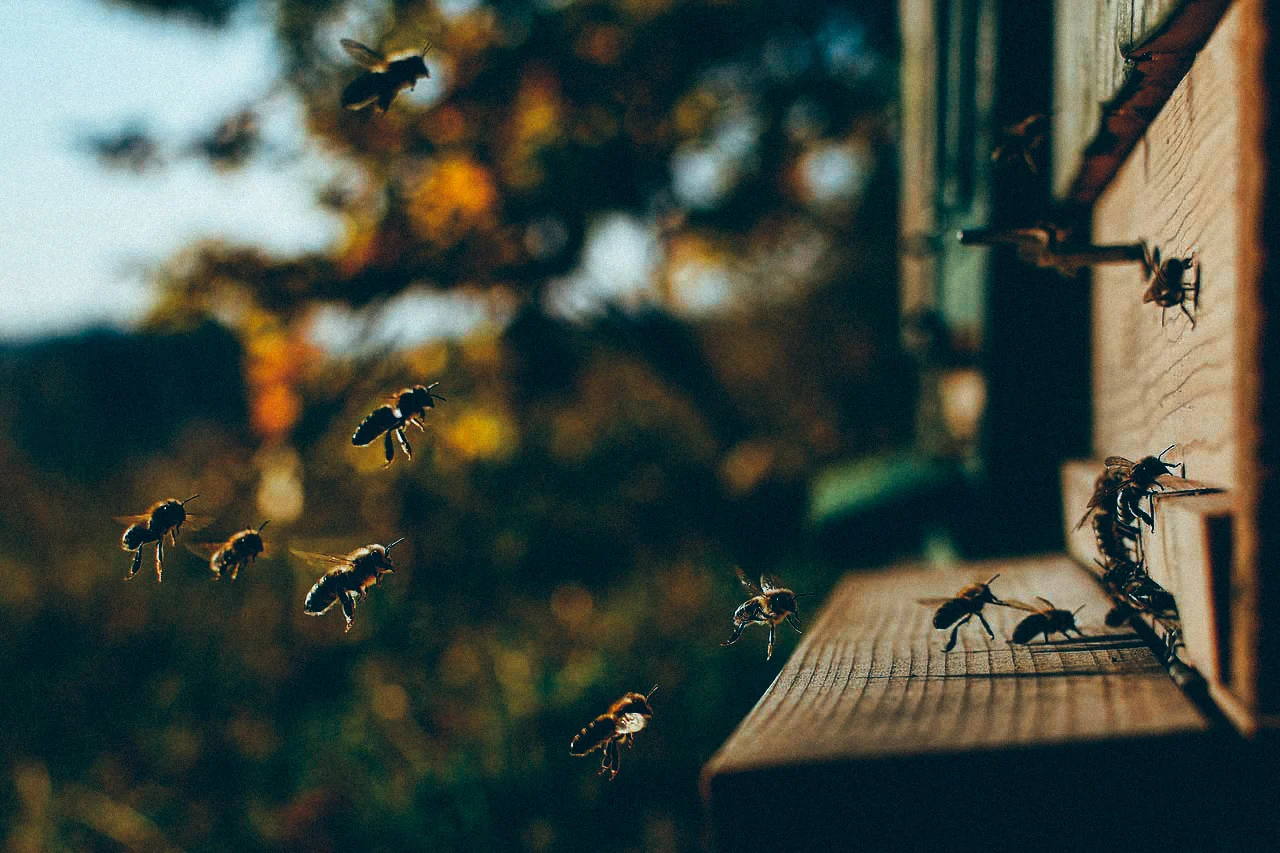This is the second of the Farming the Future blog series, written by Stephanie Morren, from RSPB. Their project; Building a civil society collaboration to reduce pesticide related harms is a collaboration between RSPB, Pesticide Action Network, Soil Association, and Friends of the Earth.
Each month, the A Team Foundation will be showcasing a grantee from the fund and how the support is helping to achieve their goals and ambitions.
Building a civil society collaboration to reduce pesticide related harms
Pesticides are used extensively across the world, including the UK, on farmland, in gardens and in public spaces. However, evidence is mounting for the devastating impact the routine use of pesticides has had, and is continuing to have, on the environment and human health. Public concern about pesticides is growing, with a recent UK survey showing 78% of people believe the government should be doing more to support farmers to reduce pesticide use.
Impact on the environment
(Farming The Future: bumblebee image credit: Grahame Madge, RSPB images)
Pesticides are designed to kill unwanted organisms. However, they can also impact non-target species. Pesticides easily spread to the air, ground or waterways impacting a wide variety of wildlife, including birds, mammals and invertebrates. Recent evidence suggests that abundance of insects worldwide may have fallen by 50% or more since 1970 and 41% of insect species are faced with extinction. This is extremely worrying, not least because insects are vitally important as food for other wildlife, as pollinators and as recyclers. It is difficult to determine one single factor contributing to their decline, but scientists believe that intensive agriculture, including the use of pesticides, is a major factor in farmland biodiversity loss.
Impact on human health
Pesticide applications to crops result in varying levels of residues remaining in, or on, our food. Food items may contain the residues of just one pesticide, while in others the residues of multiple pesticides will be detectable. Farmers and farm workers can be exposed to pesticides, as well as rural residents due to pesticide drift, and in our towns and cities we are exposed to pesticides through the spraying of amenities, such as our parks, pavements and playgrounds. Health impacts can be acute immediately after inhalation, ingestion or skin contact, or can be prolonged which has been linked to many different diseases.
What can we do?
Many people believe that a fundamental change in the farming system towards an agroecological approach – working with nature not against it – is required to secure a drastic reduction in pesticide-related harms. Evidence shows that using an Integrated Pest Management approach on farms – where pesticides are used minimally and only as a last resort – can have whole farm benefits and does not lead to the loss in profit or yield that many fear.
Farmers are doing their best to produce food and keep their businesses afloat. However, the current system of advice, support, financial backing and training is not set up to empower and enable farmers to take the steps required. Changes in policy to enable this must come from decision-makers in Government.
Farming the Future and the Theory of Change workshop
The Farming the Future Fund has enabled us (RSPB, Pesticide Action Network UK, Friends of the Earth and the Soil Association) to start to develop a civil society collaboration around this issue. Over the next few years there are a number of opportunities to influence decision-makers to increase regulation, in parallel with providing support and incentives, that will lead to a reduction in pesticide use. We felt the time was now to set up this collaboration, gather support and make real change happen.
In December, we ran a workshop to develop a theory of change to determine what we need to do to achieve a reduction in pesticide-related harms in the UK. Attendees came from a wide variety of sectors and backgrounds, including NGOs, farmers, campaigning organisations, scientists, trade unions and consumer groups. Importantly, we brought together people representing the environment sector AND the health sector so we can speak with one coherent voice. The buzz in the room was great and it was heartening to see so much enthusiasm for the start of this exciting collaboration.
The workshop started with a ten-year visioning process – in other words: what did people want the world to look like in 2030. Then the attendees split into four groups to understand and prioritise the threats facing us as we try to solve these issues – each focussing on one overarching theme (policy, research, narratives and land management). The groups then developed goals, designed to address the threats and these were presented back to all attendees. The final session saw all participants given the opportunity to brainstorm actions for how to achieve the newly created ‘goals’; to provide a starting point for a future action plan.
The following points sum up some of the overarching ideas that came out of the workshop for what we want the world to look like:
The need for cross-sector joined-up thinking linking agriculture to health, lifestyle, food and environment and civil society organisations.
More sustainable farming systems with a wider adoption of agroecology including Integrated Pest Management and with pesticide reduction targets.
Broader research and evidence on sustainable crop production.
Improvements in policies and regulations to increase their resilience, quality and transparency.
Farmers with more support and prosperous farms, enabling them to champion reduced pesticide use.
The need for public access to safe and affordable food, as well as better information to allow them to make informed consumer decisions in transparent supply chains.
Next steps
The next steps are to finesse the Theory of Change to make it into a product that everyone in the collaboration can get behind. Along with this, will come the development of a plan that will enable the collaboration to strategically prioritise activities during this next year or two of great opportunity. We will also develop a communications plan to enable us to reach a wider audience and have more of an impact with decision makers.
There are many more people we would like to reach out to and really build this momentum, and plan to do this over the next few weeks and months. We have been overwhelmed by the passion and enthusiasm of all those we were able to get in touch with as part of this project and it gives us real hope that change can be achieved. Thank you to the Farming the Future partners for helping us make a start and get this off the ground!
































